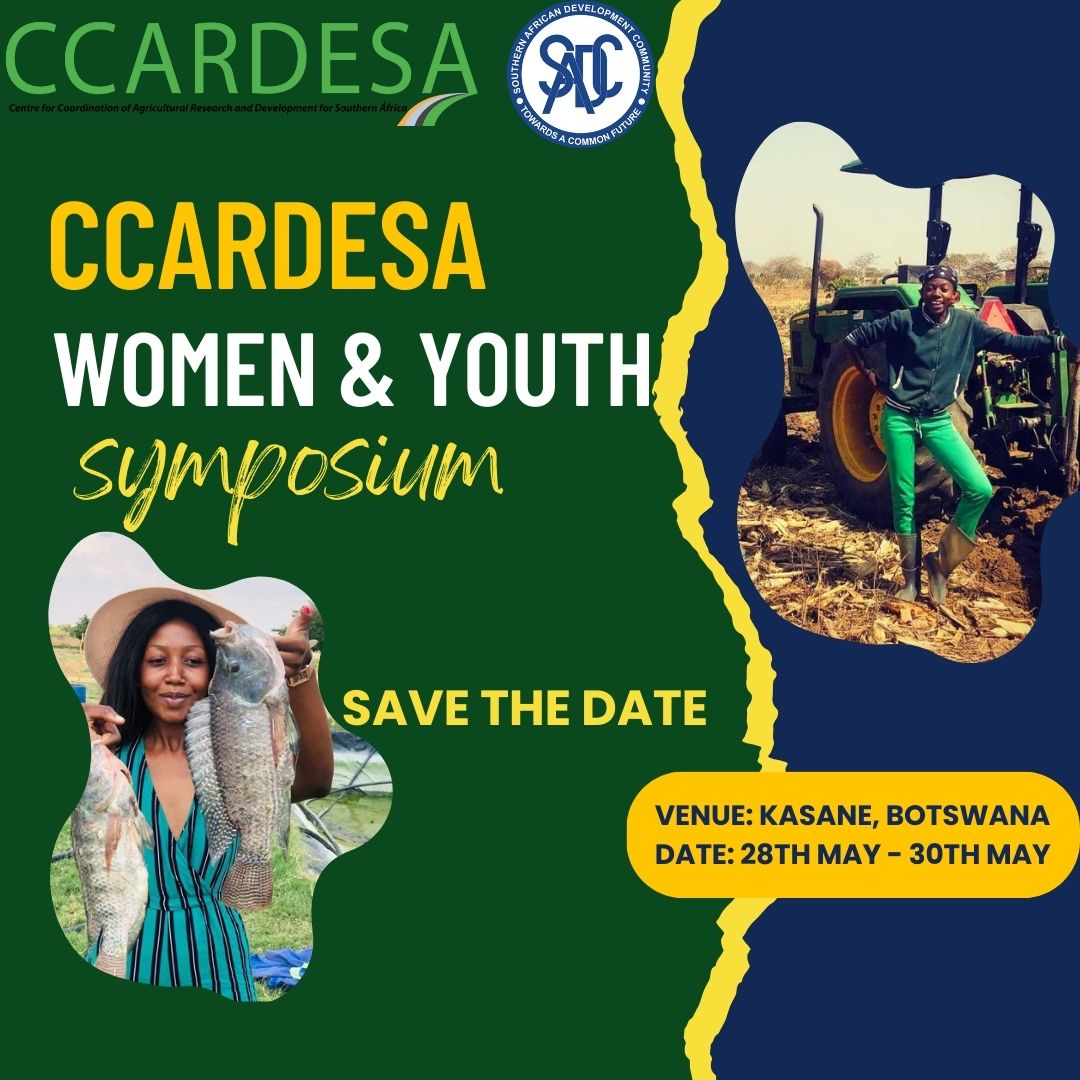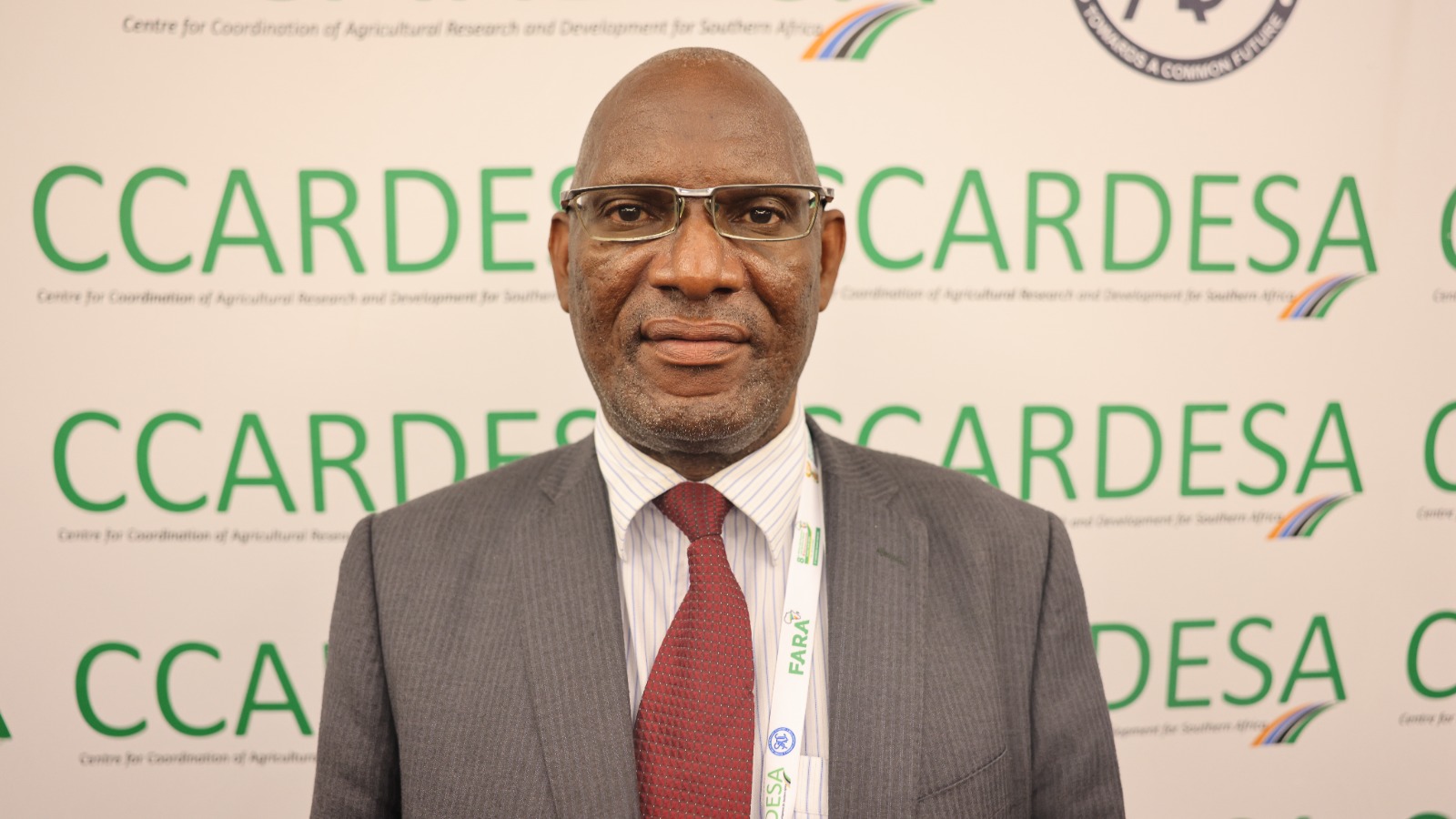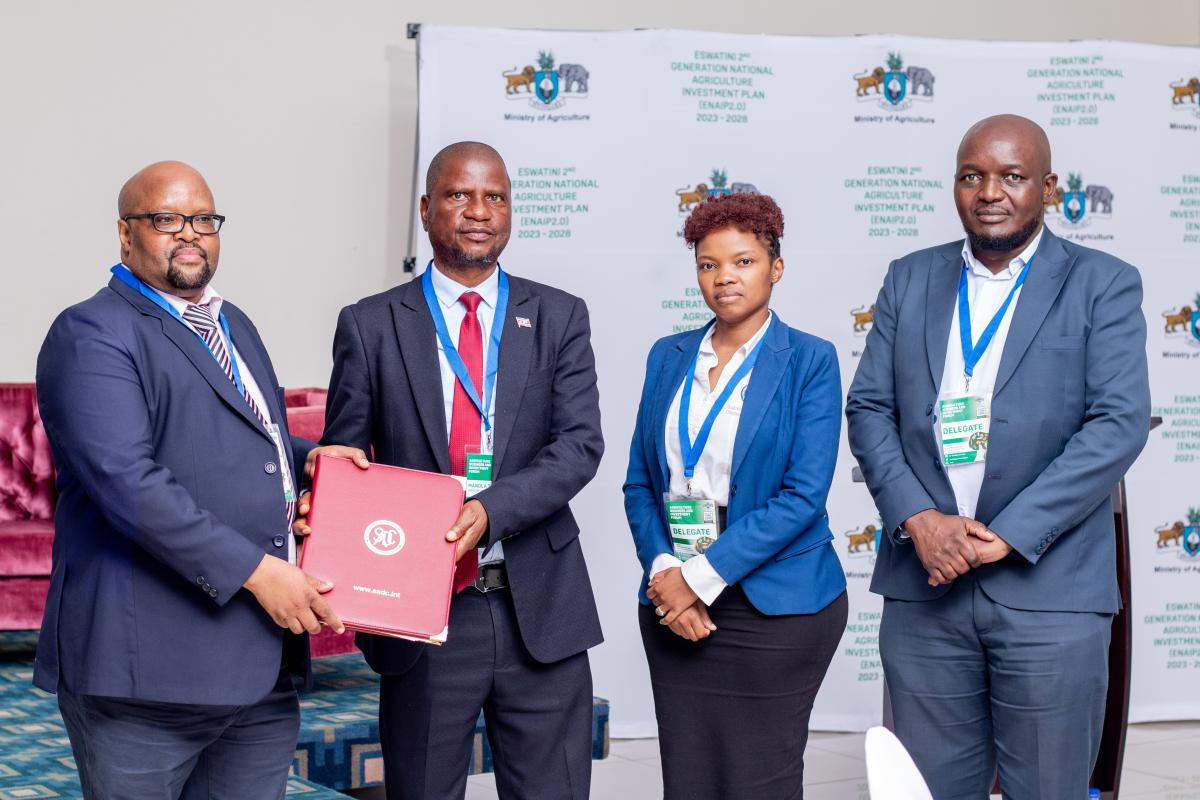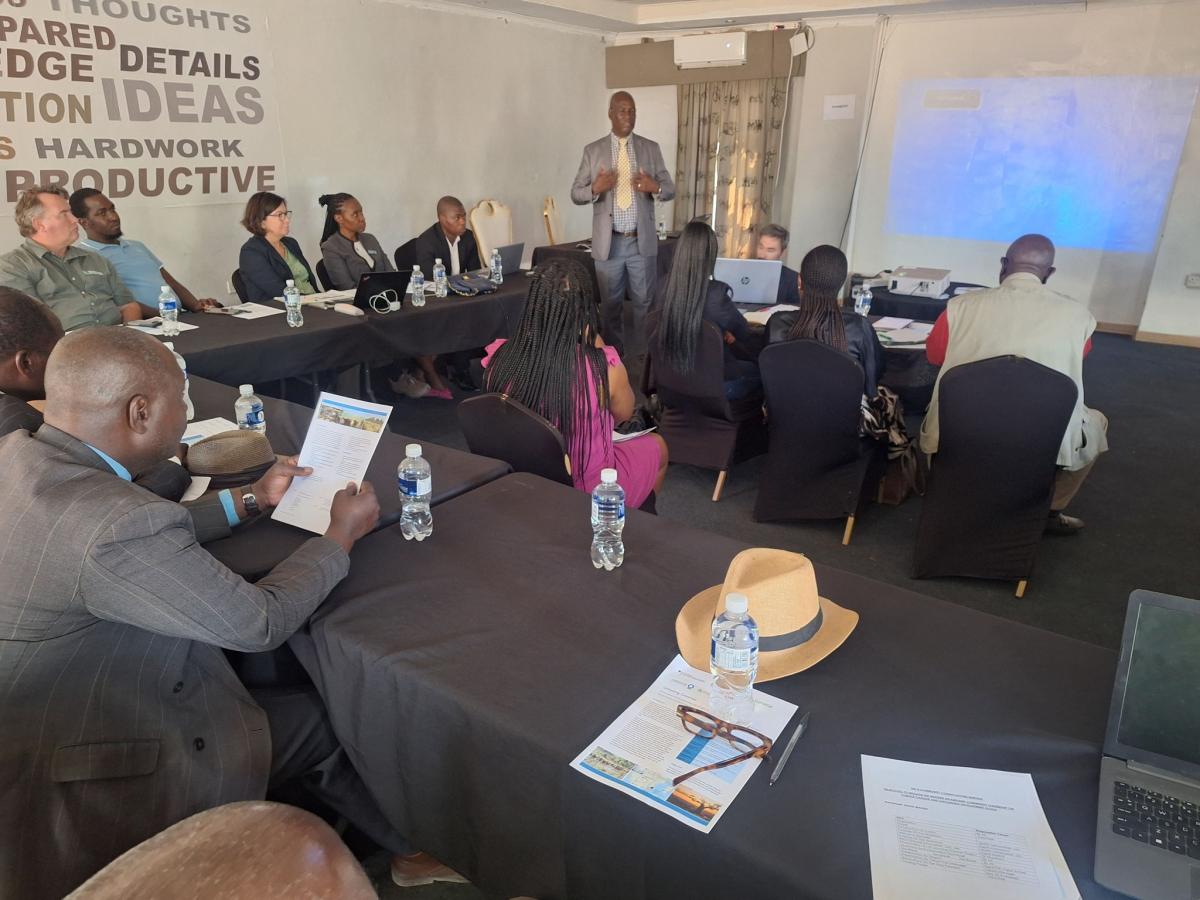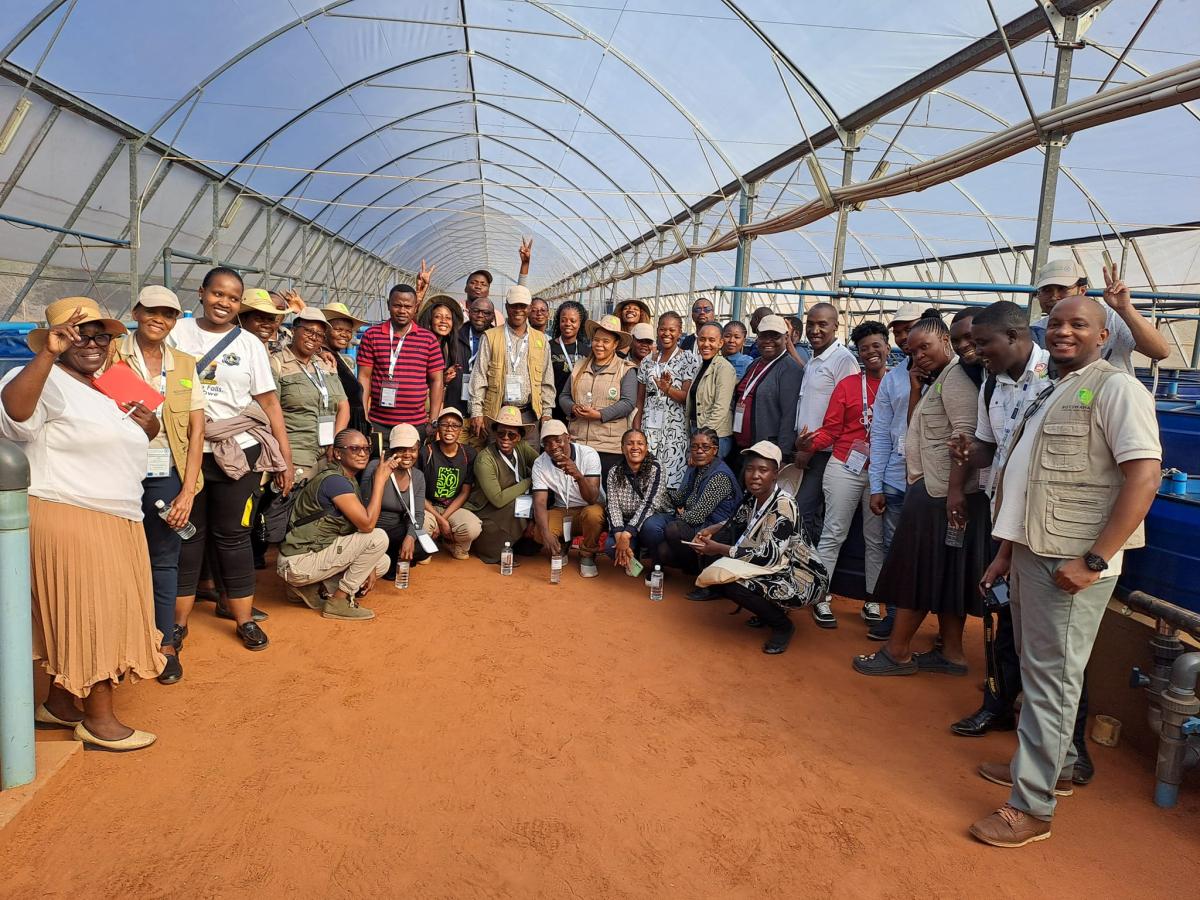Description/Abstract
Maize is currently grown on 35 million hectares of land in Africa and is easily the most important staple food crop in the continent, feeding more than 200-300 million people and providing income security to millions of smallholder farmers. Nonetheless, African maize growers face many challenges, including lower than average yields, crop susceptibility to pests and diseases, and abiotic stresses such as droughts. They generally lack access to high yielding improved seed and other farming innovations that could help them overcome those challenges.
The Sustainable Intensification of Maize-Legume Systems for Food Security in Eastern and Southern Africa (SIMLESA) project, launched in 2010, supports farmers and partner organizations to achieve increased food production while minimizing pressure on the environment by using smallholder farmers’ resources more efficiently.
SIMLESA is led by the International Maize and Wheat Improvement Center (CIMMYT) and funded by the Australian Center for International Agricultural Research (ACIAR). It is implemented by national agricultural research systems, agribusinesses and farmers in partner countries: Ethiopia, Kenya, Malawi, Mozambique, Rwanda, Tanzania and Uganda.
A new video highlights the outcomes and achievements of the SIMLESA project and it features interviews with farmers and scientists.
Other Partners
International Maize and Wheat Improvement Center (CIMMYT), Australian Center for International Agricultural Research (ACIAR)
Keywords
Kenya, Mozambique, SIMLESA, Tanzania


